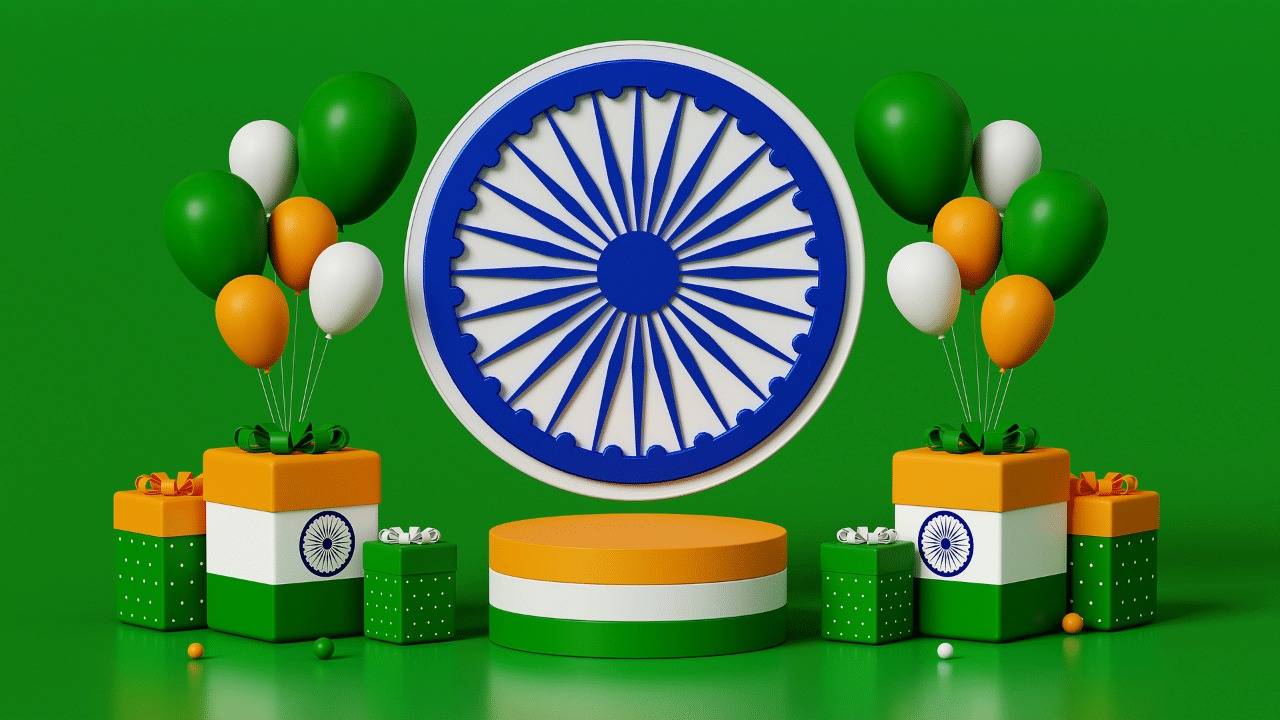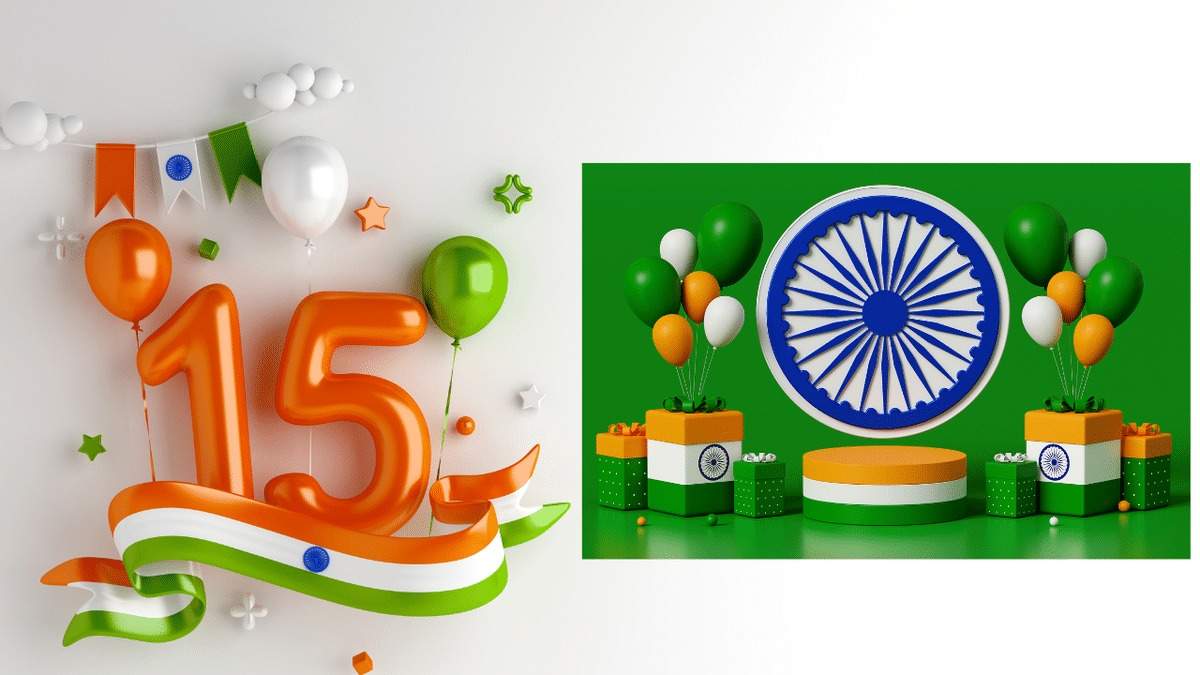Why India’s Independence Was Delayed: The Original Date and Its Significance
Independence Day in India is celebrated every year on August 15th with immense joy and patriotism. However, did you know that India was supposed to gain independence much earlier? Let's explore why the celebration date changed from January 26 to August 15 and uncover the historical context behind this shift.

Independence Day in India is celebrated every year on August 15th with immense joy and patriotism. However, did you know that India was supposed to gain independence much earlier? Let's explore why the celebration date changed from January 26 to August 15 and uncover the historical context behind this shift.

The Original Independence Day Date
Surprisingly, Independence Day was not initially celebrated on August 15. For 18 years, the day of celebration was January 26. This change in date has an interesting historical background, revealing that India was on the verge of gaining independence earlier than 1947.
The 1929 Lahore Congress Session
In 1929, during the Lahore Congress Session, key leaders including Mahatma Gandhi and Jawaharlal Nehru made a pivotal decision. Under the chairmanship of Nehru, a proposal was made stating that if the British authorities did not grant India its rights by January 26, 1930, India would declare itself independent. Consequently, the Indian National Congress designated January 26 as "Purna Swaraj Day" or Independence Day. Despite this declaration, the British government remained unmoved, and the struggle for complete freedom intensified.

Celebration of January 26 as Independence Day
On January 26, 1930, the first official Independence Day was celebrated across the nation. Mahatma Gandhi instructed that the occasion be observed nationwide. People unfurled the national flag in a peaceful and harmonious manner, demonstrating their unity and resolve for independence. This collective display of patriotism and non-violence alarmed the British authorities, yet the movement persisted with unwavering commitment.
Shift to August 15 for Independence Day
When India finally gained independence, Lord Mountbatten was the Viceroy and Governor-General. Known for his belief in luck, Mountbatten chose August 15 as the date for India's independence, aligning it with a significant historical event. On August 15, 1945, Japanese forces surrendered, marking the end of World War II in the Pacific. Mountbatten, who was a key figure in this victory, believed this date was auspicious. Hence, when it came time to grant independence to India, Mountbatten selected August 15, 1947, as the date for the transition, and the nation was freed at the stroke of midnight.
